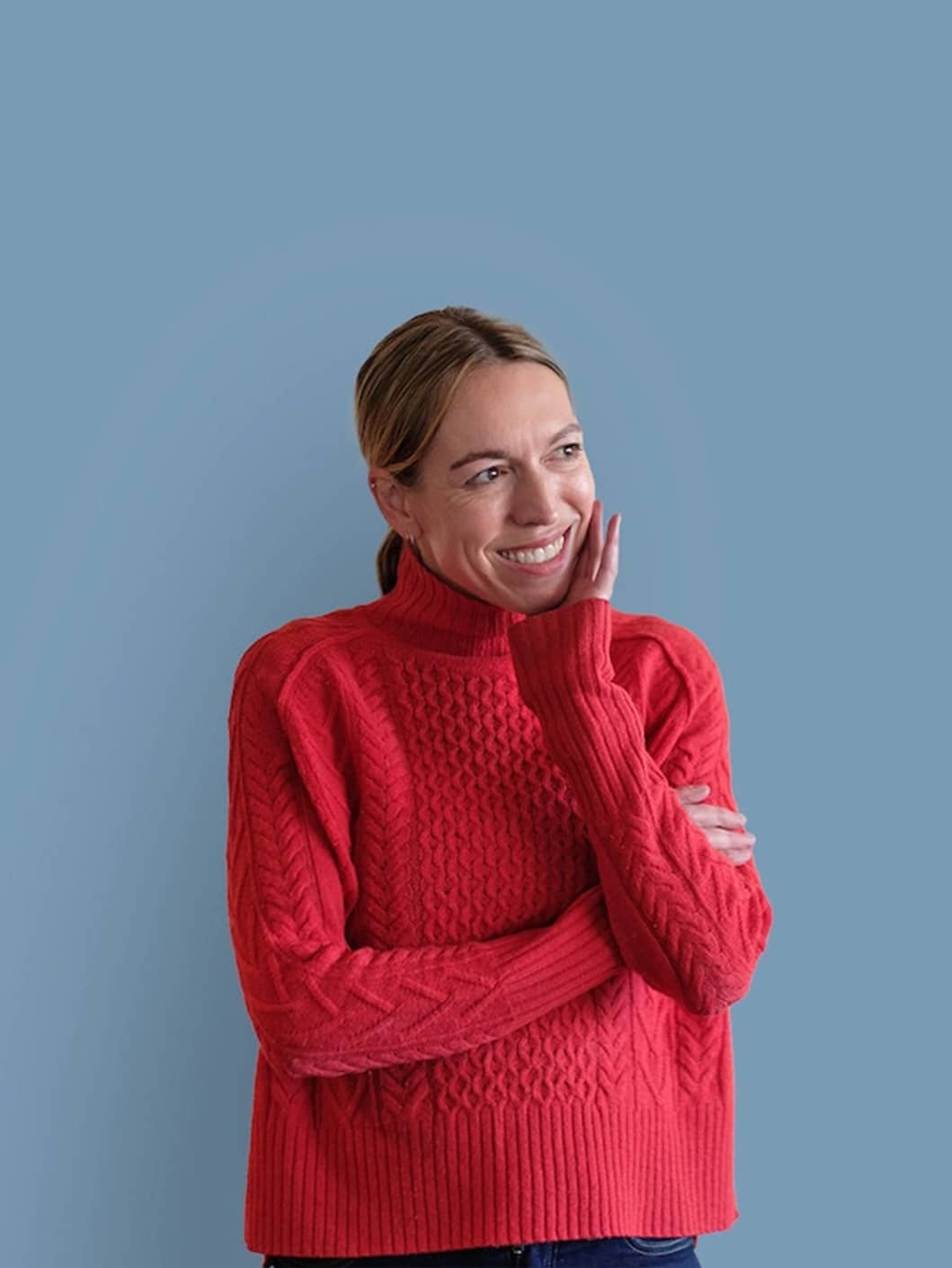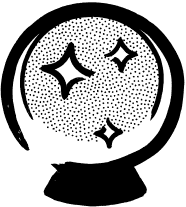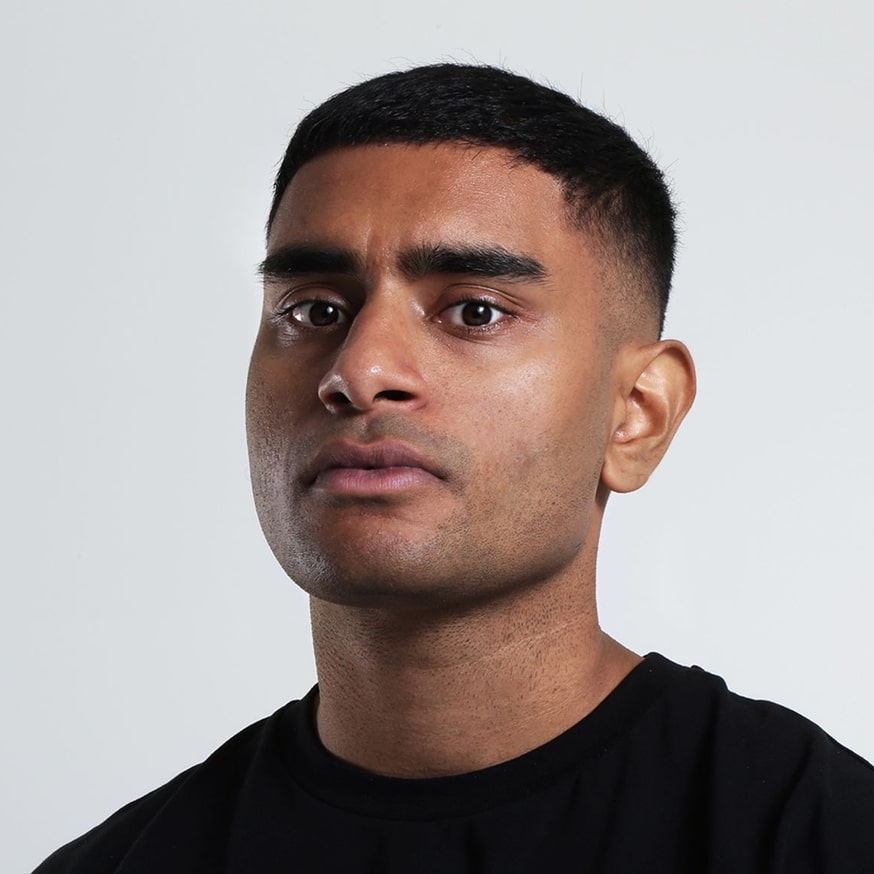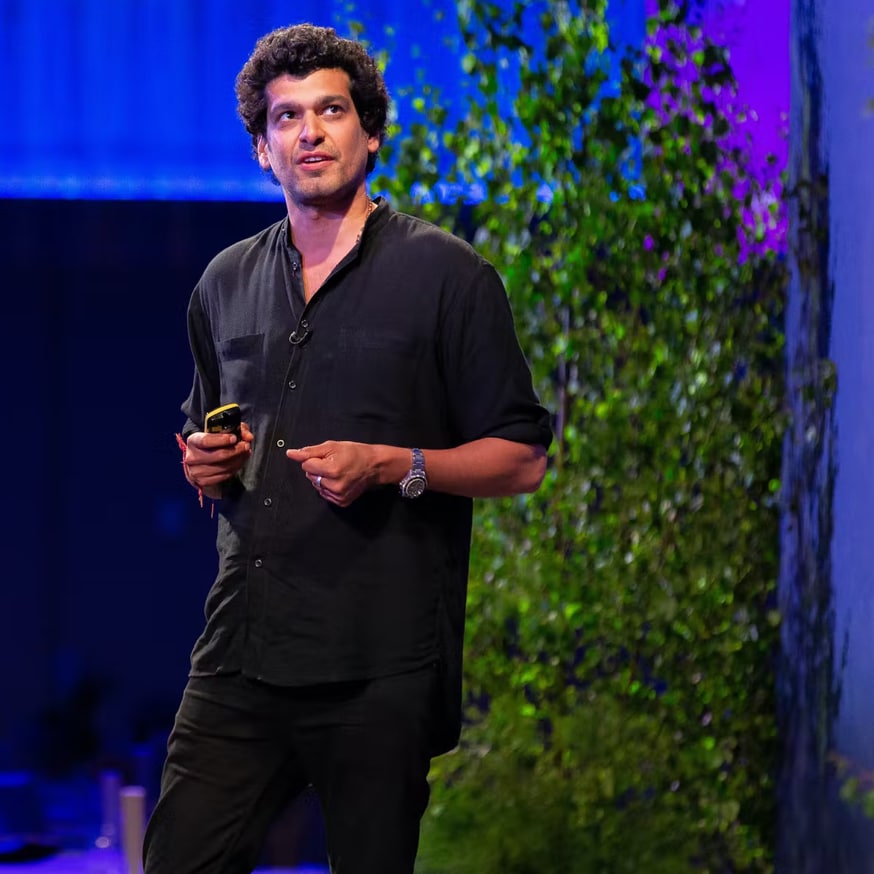
You need a better work life balance
"You need a better work/life balance could be interpreted as if work is a bad thing and life is a good thing"
Rebecca Brennan | COO | Kyan
Questions:
> How would you explain what “you need a better work life balance” means?
> What do you think about this ‘advice’?
> Would you give this advice to other people?
> If not, what alternative advice would you give to agency leaders?
> What’s one thing Rebecca Brennan has done at Kyan to minimise the conflicts one has at work or at home?
How would you explain what “you need a better work life balance” means?
It’s quite an annoying phrase. First of all, my parents always used to say it to me. A work/life balance means that you should make sure that you have an equal amount of downtime as you have time at work.
There isn't a ratio. It’s individual to people. You have to be aware of what is right for you. Is downtime important? Absolutely, yes. To me that is what / life balances, because you can only perform at your best if you have the right amount of time to relax and reflect. Because if you are always in work mode, thinking mode or doing mode, how can you come up with new creative things?
It's in the quiet moments - the downtime - that your mind expands and explores different things. For me, it's about having the right amount of “doing” mode and in “not doing” mode that allows you to perform at your best. That's my version of it.
What do you think about this ‘advice’?
It sounds like more of an order: You need! You can't ever be told how much is right for you. I can only talk from my point of view, but I really love what I do. To me, work isn't 9 to 5.
To some other people that perhaps don't enjoy what they do, work is 9 to 5, and they're hanging on for the weekend or they're hanging on to down the tools at 5 o'clock. Another phrase I hate: “It's Wednesday - it's hump day!” What even is hump day? It's like you're trying to rush your life to get to the end of the week, because you don't enjoy what you do.
The important thing here is, work isn't work. It doesn't have to be something that's a bad thing. That the only reason you do it is to get money, to do the things that you like to do. I've always enjoyed my “work”. To me it's part of who I am and what I like doing.
You need a better work/life balance could be interpreted as if “work” is a bad thing and “life” is a good thing. What you do need is time to rest and recover to perform at your best. Just like an athlete, you can't constantly train because you are not going to get better. You’ll just plateau. It’s the same with work.
One of the good things about sport is periodisation. They do it a lot in boxing. You have a fight camp where you get ready for a fight. You have your moment. Then you don't train at the same intensity, because you're not doing yourself any kind of benefit at that point.
As someone who runs a lot, I've learned the discipline of rest. I used to think if I'm not training, then I'm getting worse. As I'm getting older, I realise that discipline around rest is as important as doing the training. But we are exposed to a culture where it’s promoted to only get three hours of sleep, get up at 4am and constantly being full on. I believe in rest to get better.
The phrase has some negative connotations for me, because it reminds me of my parents telling me I work too much. “Why are you always on your computer?” To which I explained to my dad: “Like Wayne Rooney loves football, I love working.”
In my life work and life constantly intermingle. I don't have clear boundaries and that’s how I choose it to be. Other people, however, need clear boundaries and that's how they choose to be. To me this kind of balancing thing is different for everybody and according to their individual needs.
Would you give this advice to other people?
I tend not to give advice to anybody. The best advice is the advice you give to yourself.
However, I prefer asking questions. Getting people to think about the kind of way they might be working or like to work.
If not, what alternative advice would you give to agency leaders?
I'd encourage people to understand themselves.
Asking questions such as:
“When are you at your best?”
For example, I know I don't work great in the morning. I work better in the afternoon and work really well in the evening. But some people can't work in the evening. Therefore, it's about knowing yourself. I'd encourage people to think about when do you perform at your best?
When you find yourself getting a bit tired and all of a sudden the easiest thing takes really long. That's the time you stop. Because I could spend two hours doing it tonight or I could actually catch some sleep and get up tomorrow, have a coffee and probably do the task in 30 mins. Because now I'm in the right state.
Therefore my alternative encouragement is, ask yourself: When do you perform best?
What’s one thing Rebecca Brennan has done at Kyan to minimise the conflicts one has at work or at home?
There's been a challenge: hybrid working. Which means you can choose to be in the office or you can choose to work at home. In principle that’s great. Everybody at Kyan sees that as a massive benefit because it means you have flexibility. Now you can do things like get up in the morning and go for a run because we don’t have core hours and you don't have to be in the office. People have more freedom and flexibility, which they love.
But that’s created a blur between work and home life, because we now work from home. When we used to be in an office, you could see if people were working too hard, burning the candle at both ends or were a bit tired. It was more obvious. Now it's less obvious.
At Kyan one of the things we’re encouraging is more focus on asking people how they’re getting on. Have you got too much to do? How's your week been? What support can we give you? We are now more consciously aware and intentional about understanding how people are coping.
Agency life can be unpredictable. It’s not like a big corporation where you can plan out your week and you have clear tasks. In an agency you’re always managing conflicts, clients, challenging timelines and bottlenecks.
One thing I've encouraged at Kyan, which is really simple to do, but highly effective. At the start of our monthly team meetings we’ll ask everyone to score how they’re feeling about work and life right now: From 1 to 10.
If somebody turns up and says I am feeling a 4, because I feel under a lot of pressure at work and at home, I'm a 3. You get to understand what's affecting them in and out of work. Then we can figure out how to support you and create a team support network as well.
Humble promo of Rebecca Brennan and Kyan
Rebecca is inspiring, as she leads with actions. When Rebecca wants to run 230 miles, Rebecca does it. She's supportive, always ready to lend an ear - but unlike most people who just sit down with you in the moment and sort of listen, she will make a conscientious effort to block out time and give you her full attention. Rebecca is also deeply curious about being the best version of herself. Whether that's understanding her ideal amount of rest time, right nutrition and constantly finding ways to step out of her comfort zone. I feel honoured that I've had the opportunity to get to know Rebecca.
Cheeeeers!
Daniel (Polymensa founder)
Explore other perspectives
Jess Tyrrell
Consultant @ Grey Consulting
"I read somewhere that work-life balance is a term coined by confused people who hate their lives"
Anant Sharma
Co-founder @ Matter Of Form
"It would be difficult to say that's bad advice - but start by making your work meaningful"

The Rabbit Hole: Photo-micrography
I've been fascinated this week by a series of photographs that include some of the smallest things on our planet.

Blindspot: Flicker Fusion Frequency
While I was busy looking at close ups of ants. I wondered whether animals like flies perceive time in a different way to us.





